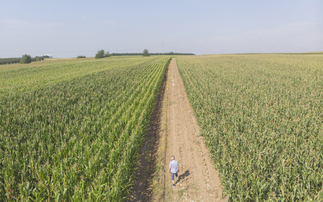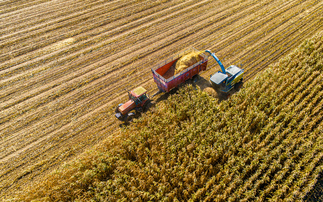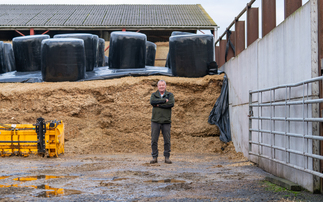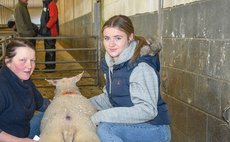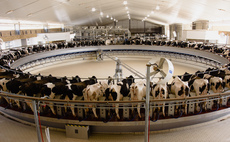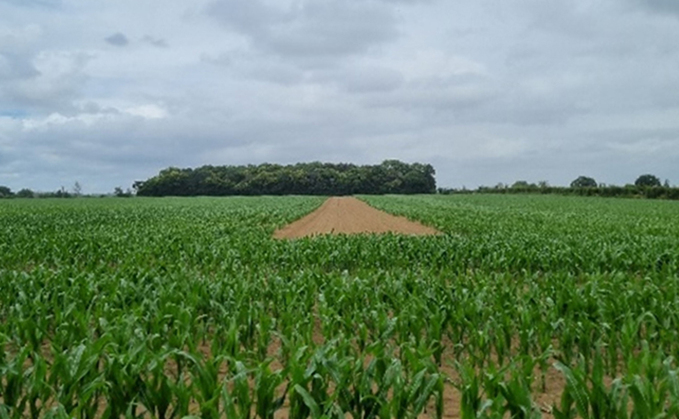
EU law dictates that any plant protection product registered in a member state can be moved freely across all EU borders, irrespective of whether the receiving country has authorised that product.
Prior to the UK's exit from the EU, this meant maize seed treated on the continent could be brought into and grown in the UK, even though those treatments were not officially authorised by the UK's Chemicals Regulations Division (CRD).
This agreement ends on December 31, 2023, after which any products not registered in the UK cannot enter the country: effectively banning three key seed treatments - Korit (ziram) bird deterrent, Redigo M (prothioconazole + metalaxyl) fungicide and Force 20 CS (tefluthrin) wireworm control.
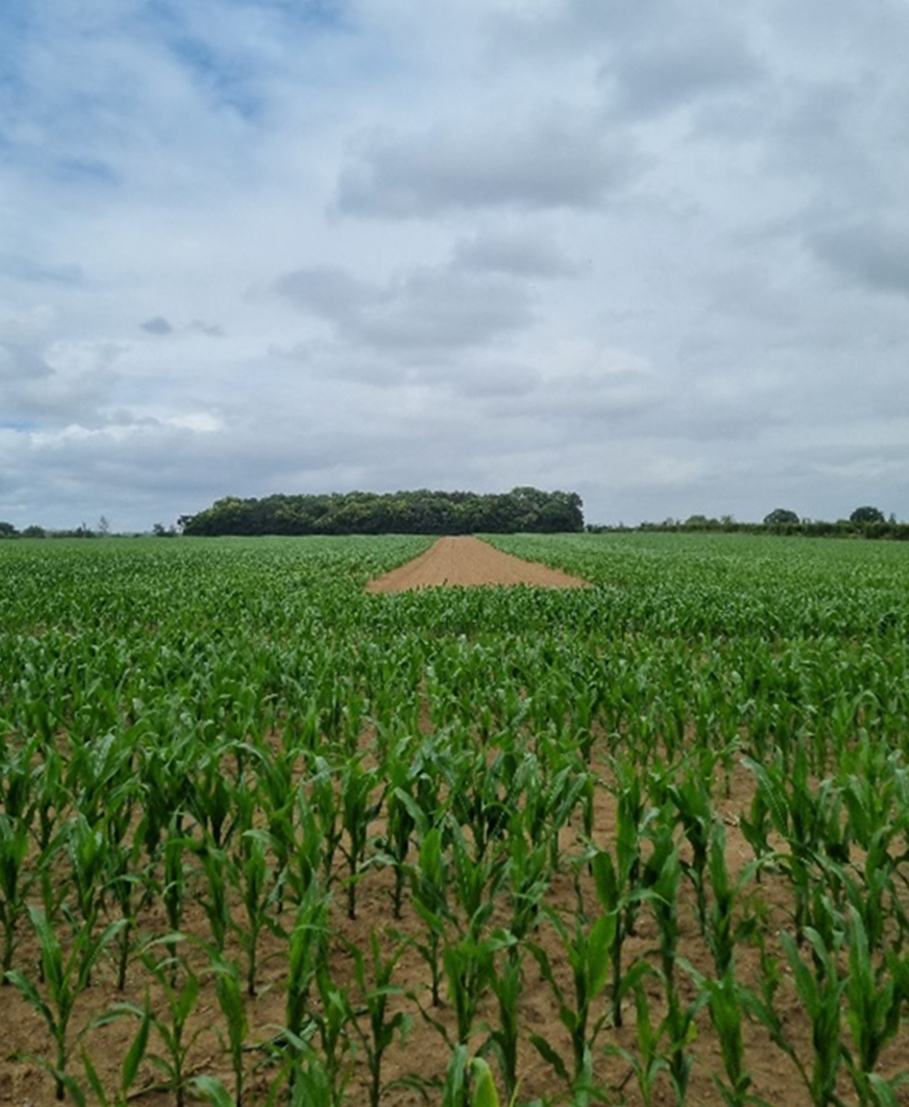
Enormity of the problem
Without these seed treatments, there is a substantial risk that crops could be wiped out by corvid grazing or seriously hindered by insect damage and soilborne pathogens.
Tim Richmond, maize manager for Limagrain Field Seeds in the UK and Ireland, says: "Corvids are highly intelligent birds, which can quickly decimate freshly drilled seeds which have not been coated with an effective repellent. "At best, crop losses for untreated seed range from 5-10%, but entire crop losses are not unheard of. What is worse is that any attempt to drill seed deeper to prevent bird damage is likely to exacerbate the risk of seedling blight, making the application of a fungicide seed treatment such as Redigo M even more critical.
"The ongoing availability of suitable seed treatments is therefore vital to UK growers, but as an industry, we were facing a brick wall with no alternative other than to drill untreated and unprotected seed in 2024."

Challenging the ban
To counter the ban, an industry working group - spearheaded and funded initially by Limagrain UK - was set up to lobby the Government.
Tim says: "The Government's attitude, and that of the Health and Safety Executive and CRD, was that it was the responsibility of the manufacturers of the seed treatments to ensure their products were authorised in the UK.
"However, for various reasons - including the lack of a coordinated effort to seek approval, and the CRD initially refusing to fast-track the registration process - it looked for a long time as though UK approval would not be granted before the December 31 cut-off."
Limagrain therefore took a leading role in instigating a sector-wide campaign to ask for the Government's help.
Tim says: "Despite everyone in the industry being aware of the issue, no one seemed willing to take charge of the problem.
So, on behalf of the UK seed trade, we commissioned agricultural policy specialist Dr Julian Little to co-ordinate industry action to ensure seed treatments remain available in 2024.
"We also started working towards a longer-term solution by requesting that the change in UK law be postponed until new or alternative seed treatments were registered in the UK."

Julian says: "Essentially, we had two options. We could do nothing and accept that 2024's maize crop would be vulnerable to bird, disease and pest attacks, or we could seek a politically driven solution.
"Obviously the first course of action was not viable for livestock farmers, anaerobic digestion plants or the seed trade, so we developed a two-pronged strategy which focused on challenging the CRD to fast-track the regulation of the relevant products and changing the Government's mindset by encouraging MPs, civil servants, Ministers, Defra and other governmental departments to help the industry find a solution."
A lengthy campaign of building a coalition of all interested parties (seed breeders, trade and distributors, the NFU, Maize Growers Association and the Agricultural Industries Confederation), building a portfolio of evidence to demonstrate the need for seed treatments, and lobbying MPs, Ministers, civil servants and Defra then ensued.
Julian says: "To cut a very long story short, the industry's galvanised efforts eventually persuaded Farming Minister Mark Spencer to take action. It was agreed that the Government would introduce a new law to delay the Brexit cut-off for imported treated seed and that emergency authorisations for the specific seed treatments would be applied for while waiting for the new law to come into effect."

Delays
Tim says: "The nature of the UK's political system means we are unable to make a formal public announcement until Defra has reviewed the authorisations and passed the law change in Parliament."
This process is still ongoing, with an official announcement expected in December, just before the existing EU scheme comes to an end.
Tim says: "We are confident and assured that the final outcome will be favourable and that UK farmers and growers will have continued access to seeds treated with EU-registered products up until July 2027."
"This is really positive news and gives the industry the confidence to prepare seed for the season ahead. Our efforts do not stop here though. The emergency authorisations and change in law are by no means permanent solutions, so we are continuing to lobby for a longer stay of execution and are vigorously testing the next generation of seed treatments to ensure growers have access to a long-term solution."













